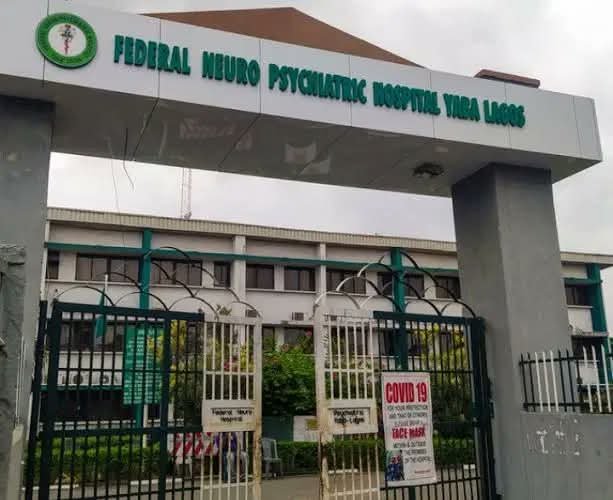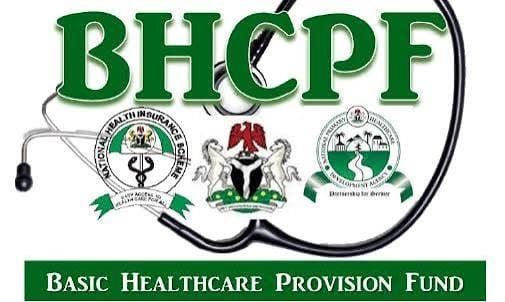
LAGOS, Nigeria – More than 60 million Nigerians are living with mental health conditions, making it one of the nation’s most critical public health challenges, according to the Medical Director of the Federal Neuro-Psychiatric Hospital, Yaba, Dr Olugbenga Owoeye.
In an exclusive interview with Africa Health Report, (AHR) on Wednesday, Dr Owoeye stressed that the hospital, with 535 beds and nationwide referral services, plays a central role in tackling the crisis.
However, he lamented that Nigeria continues to underfund mental health, with less than 5% of the national health budget allocated to the sector.
This, he said, has left facilities overstretched, infrastructure inadequate, and a severe shortage of professionals despite the huge burden.
“No, Nigeria is not investing enough in mental health compared to other areas of healthcare,” Dr Owoeye declared.
On the passage of the 2023 Mental Health Act, he described it as a “landmark development” that strengthens accountability, protects patients’ rights, and compels adoption of global best practices. “The law empowers patients, reduces stigma, and reinforces a human right–based, patient-centred approach,” he added.
Since assuming leadership in 2021, Dr Owoeye has delivered key reforms, including cutting outpatient waiting time from four hours in 2020 to two hours by 2024,introducing new services such as an Intensive Care Unit and general medical care, reviving abandoned projects, including the School of Occupational Therapy and Resident Doctors’ Quarters, delivering new infrastructure, including a 10-bed ICU, Telepsychiatry Centre, and student hostels and expanding the School of Psychiatric Nursing’s capacity from 30 to 75 students, and securing approval to upgrade it to a College of Nursing.
Looking ahead, he reaffirmed his vision to position Yaba as a centre of excellence for mental health care in Nigeria.
“Mental health challenges are real but treatable. Seeking help is not a sign of weakness; it is a step toward recovery, wellness, and living a fuller life,” he urged.
Dr Owoeye also called on the media to reshape public perception, noting that accurate reporting and recovery stories can reduce stigma and encourage more Nigerians to seek timely care.




